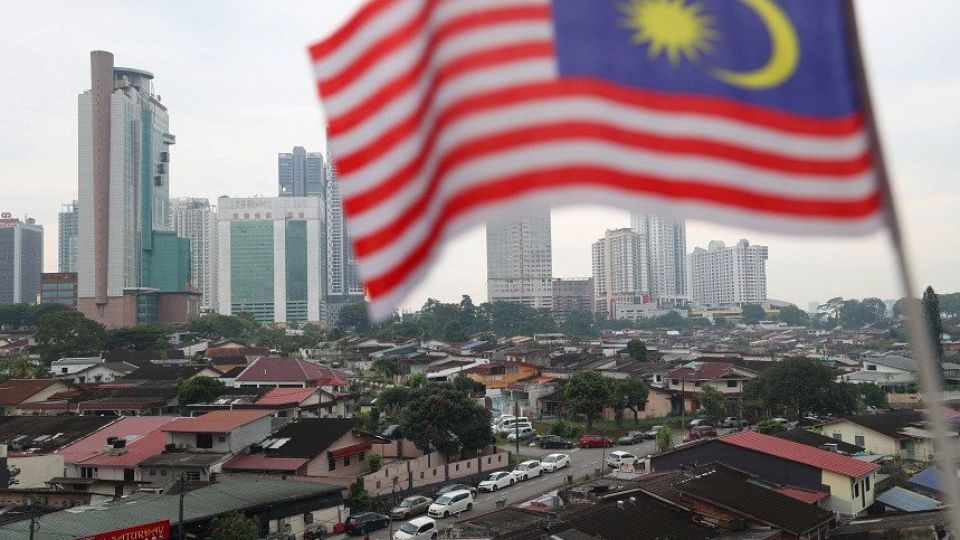October 18, 2024
KUALA LUMPUR – Malaysia has passed a law allowing children born overseas to Malaysian mothers to be eligible for citizenship, a progressive step that was delayed for months after activists and backbenchers railed against other provisions in the law when it was proposed.
The Constitution (Amendment) Bill 2024 was passed on Oct 17 with the requisite two-thirds majority of the Lower House, with 206 votes in favour in the 222-seat Parliament.
The move to allow both mothers and fathers to pass on their Malaysian citizenship to their children born overseas was widely welcomed.
“It is hoped with the amendment, we can finally give a little justice to the children of mothers who marry non-Malaysian citizens,” Democratic Action Party (DAP) lawmaker Syahredzan Johan told Parliament during the debate.
Yet, criticism remained over other sections in the new law.
When the Bill, which is aimed at addressing statelessness, was tabled in March, backbenchers threatened to revolt over regressive provisions, which, among others, revoked automatic citizenship for abandoned and stateless children.
Some of these contentious points have been resolved in the new law.
Abandoned children, also called foundlings, will be granted automatic citizenship, while foreign spouses who gain citizenship through marriage but divorce within two years of obtaining citizenship will not have their citizenship revoked and become stateless.
Chair of the Parliamentary Special Select Committee on Women, Children and Community Development, Ms Yeo Bee Yin, praised the government for actively consulting with the committee.
“The amendments presented today represent a middle ground between the Home Ministry and NGOs that have undergone multiple drafts,” the DAP backbencher told Parliament on Oct 16.
Nevertheless, there was still disgruntlement among lawmakers.
The Bill revokes existing automatic Malaysian citizenship for the children of permanent residents (PRs) who are born in Malaysia.
Instead, these children will be granted PR status and will be able to apply for Malaysian citizenship through registration or naturalisation.
Parti Keadilan Rakyat backbencher Hassan Karim said the government should adopt a more liberal stance on automatic citizenship for these children.
“I recognise the progressive aspects of the Bill, but we must ensure that children of both PR parents, who were born in Malaysia, are recognised by operation of law as citizens. They are the flesh and blood of Malaysia, unlike foreign footballers who were naturalised as Malaysians,” he told The Straits Times.
He was referring to the seven foreign football players as at February who have been granted citizenship for representing Malaysia on the international stage.
Muhyiddin Yassin, opposition lawmaker from Perikatan Nasional, said the government should reconsider the revocation of automatic citizenship for the children of PRs.
“Such rights to citizenship are being seized from them. With the proposed amendment, children of PR parents may not be eligible for citizenship by operation of law,” he told Parliament.
In response, Home Minister Saifuddin Nasution Ismail assured MPs that these children would be given priority during applications for citizenship or naturalisation.
“There are 10,000 pending applications from the children of locally born PRs. We in the Home Ministry will process these applications within six months from today,” he said during the winding up of the debate on Oct 17.
On Oct 16, Lawyers for Liberty adviser Eric Paulsen urged parliamentarians to reject the constitutional amendment, arguing that it is regressive to deprive these children of automatic citizenship.
“Many of these PRs are not foreigners but Malaysians with genuine ties to the country, who have been deprived of their rightful citizenship. These PRs include Orang Asli, Orang Asal and generations of people of Chinese and Indian origin (among other ethnicities) who were born and have permanently resided in Malaysia all their lives without possessing any other citizenship,” the co-founder of the human rights and law reform initiative said in a statement.
“There is absolutely no rationale for the government to remove the right of children of PRs born in the country to acquire citizenship by operation of law.”
Hours after the Bill was passed, equal citizenship non-governmental organisations Family Frontiers and the Malaysian Mothers’ Network said they celebrated the decision to allow children born overseas to Malaysian mothers to be eligible for citizenship.
“This historic milestone marks a significant stride in the pursuit of gender equality,” they said in a statement. But they cautioned that the regressive element of the Bill remains.

